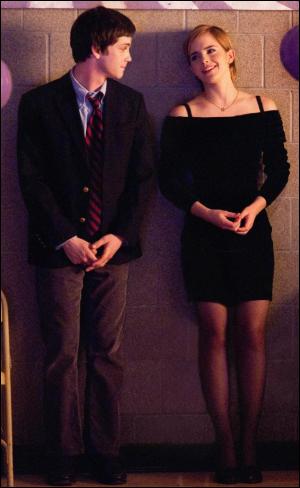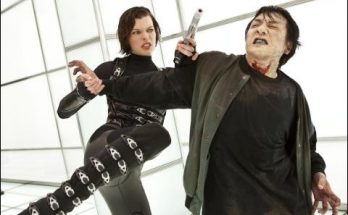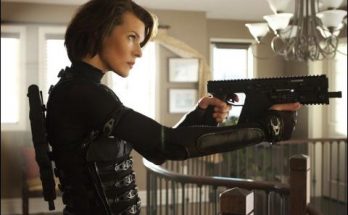Hearing that Chbosky was working on an adaptation of his novel, Lianne Halfon, Russell Smith and John Malkovich, partners in Mr. Mudd Productions, reached out to him. The company is responsible for films including the Oscar‐nominated Juno, Ghost World, Art School Confidential, Abel and Jeff Who Lives at Home, as well as acclaimed documentaries including Which Way Home. The partners agreed that Chbosky was the only director they would consider for the project, even if that made putting together a deal a bit more difficult.
“There was an understanding that when we had a screenplay that truly reflected the book, we would start shopping it around,” says Smith. “All the components had to be the best, because a first‐time director is always the biggest unknown, but we were all in agreement that Stephen needed to direct the movie. Since Stephen had written a beautiful book and a wonderful screenplay, we were confident that he could pull it off.”
The team took a hands‐on approach to filmmaking, a decision much appreciated by the first time director. “I couldn’t have asked for better producers,” says Chbosky. “They were there every day on set and in post‐production. They always told me the truth. Their notes and suggestions were invaluable.”
John Malkovich gave Chbosky one key piece of advice before shooting began. “John told me the reason he loved the script was that it had real heart. And because we had real heart, we didn’t need sentiment. He said, ‘Always get the tough take,’ and I never forgot that. I’m a softie. I want the romantic take, but more often than not, that simple note saved us from becoming too sentimental.”
Chbosky calls the completed film an unconventional love story. “I wrote the line ‘we accept the love we think we deserve’ in my first draft,” he says. “It became a central theme for the entire book, and then ultimately the movie. It’s not just about romantic love. It can be about friends. It can be about how you treat yourself. It’s about how to have a great life if you just let in more of the world.”
Although the novel is most often read by teenagers, Chbosky is confident that the film’s appeal transcends age. “Watching the movie, an adult may get very nostalgic about what it was it like to be that young,” he says. “A twelve‐year‐old, who hasn’t been through high school yet, may find a bit of a road map. Someone in the thick of it might just need some affirmation that what they’re going through is real and that someone else gets it. I want a mom to see the movie and remember being young, and I want a daughter to feel affirmed about what it is to be young. I want them both to be compelled to talk to each other about what they’ve experienced. That’s all I want.”
Next Page: Charlie and Company
Views: 81



